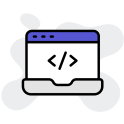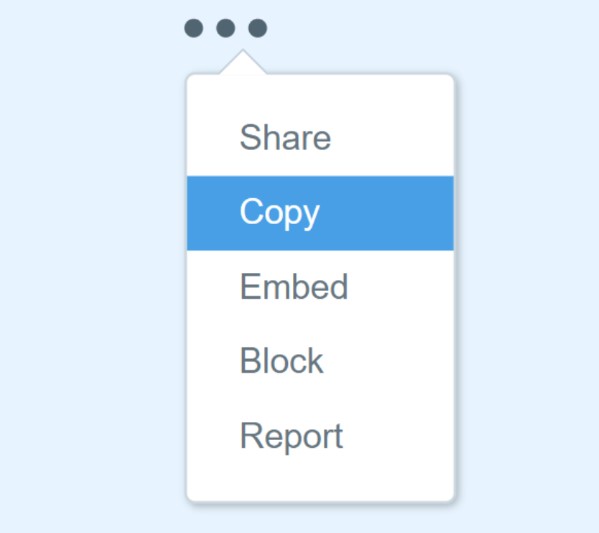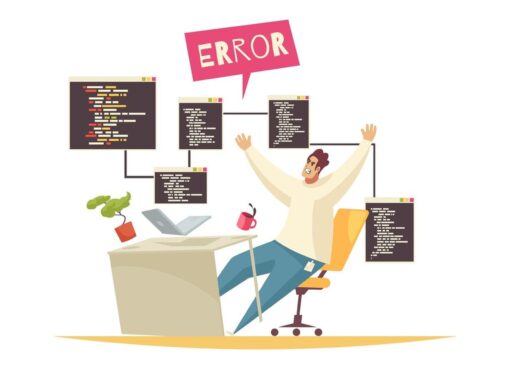Choosing The Best Coding Languages For Website Development In 2025

Selecting the right coding language is critical. It determines how well your website will function. As technology is growing, new demands keep coming up all the time. Users want faster and better websites.
Factors to Consider When Selecting a Coding Language for Web Development
Scalability is very important. A website should grow easily with your users. If a language cannot handle this it can become a problem.
Quick performance should be your priority. Websites with slow loading pages lose users. Efficient code execution helps speed up websites.
The developer community is always helpful. When you face problems experienced developers forums and guides can support you.
Flexibility is also needed. You should be able to use a language for both frontend and backend tasks.
Future proofing your project is a smart decision. Choose a language with a bright future. It must stay in demand for many years.
Top Frontend Coding Languages For Website Development In 2025
JavaScript is the most famous programming language on the web. It dominates modern frontend projects for its versatility. Frameworks like React or Angular make building web interfaces faster and easier. You can use JavaScript to create dynamic buttons, animations and much more.
TypeScript, a superset of JavaScript, adds type safety. Developers love it for reducing errors and making large projects easier. It is most used in large scale apps. Enterprises often pick TypeScript for its growing features.
HTML and CSS are old but gold in frontend projects. Developers rely on them to create website layouts and designs. CSS Grid and Flexbox are new tools to arrange content perfectly. Semantic HTML improves web accessibility making it search engine friendly.
Top Backend Coding Languages For Website Development In 2025
Python is very simple and powerful. Frameworks like Django and Flask make Python a top pick for backend development. It handles data heavy tasks and allows fast prototyping for new ideas.
Node.js brings JavaScript to the backend. This makes using the same language for frontend and backend work possible. Developers can use Node.js for creating projects like live chat apps.
Ruby is easy to learn for developers because its syntax is simple. Ruby on Rails makes it faster to build web applications. It is still famous for making blogs or small business websites easily.
PHP is still a good choice. It has powered websites for decades. Many WordPress websites run on PHP. Updated PHP versions are reliable even years later. It fits well for smaller firms with limited budgets.
Java is rock steady. It is great for enterprise websites with massive databases. Many banks and airlines use Java based systems for performance. Popular tools such as Spring Framework assist developers when creating backend services.
Emerging Or Trending Languages For Website Development In 2025
Go is rapidly gaining traction. Its simplicity is amazing while offering great speed for complex applications. Developers often choose it for handling high performance features. Concurrency is another big win feature.
Rust could be the next big thing. It helps create fast and very secure software. Its unique focus on memory safety is a key strength. Many programmers love its growing ecosystem.
Kotlin is a modern backend friendly language. It blends seamlessly with Java but comes with a new style. Developers like it for building apps that need both innovation and stability.
Comparison Of The Languages Frontend And Backend
Different languages suit different needs. For example JavaScript wins for lightweight apps. TypeScript shines in big scale projects. HTML and CSS are non-negotiables for webpage layouts.
Python is best for data rich websites. Ruby is awesome for quick prototyping. PHP is perfect for budget web solutions. Go works when speed is vital while Rust ensures strong security. Java is unbeatable for enterprises.
Here are a few strong combinations. React on the frontend works great with a Node.js backend. Angular pairs wonderfully with Python. Also Spring Java matches large scale needs well. Select stacks based on what fits your project perfectly.
Tips for Selecting the Right Coding Language for Your Website Project
Start by clarifying project goals. Know if your focus is speed features or scalability. Ensure the coding stack matches your requirements fully.
Analyse what your team is good at. It will save you weeks of frustration. Experienced developers in the chosen language avoid problems.
Consider the future of your project. Will it survive new trends? Opt for languages that regularly update themselves.
Use ready frameworks or tools. These boost productivity and help to prevent common errors in coding. They also offer frequent updates to stay relevant.
Conclusion
Web development is evolving every day. Selecting the right coding language for your project has never been more important. Frontend stars like JavaScript and HTML will remain irreplaceable. Backend experts such as Python Node.js and Java continue to lead strongly. Emerging choices like Go and Rust might become your next bet.
Think about what suits you best before moving forward. Scalability, ease of development and project goals should influence your decisions. Remember the language you choose now will shape the success of your website for years to come. Make your choice wisely and follow the trends to stay prepared always.



